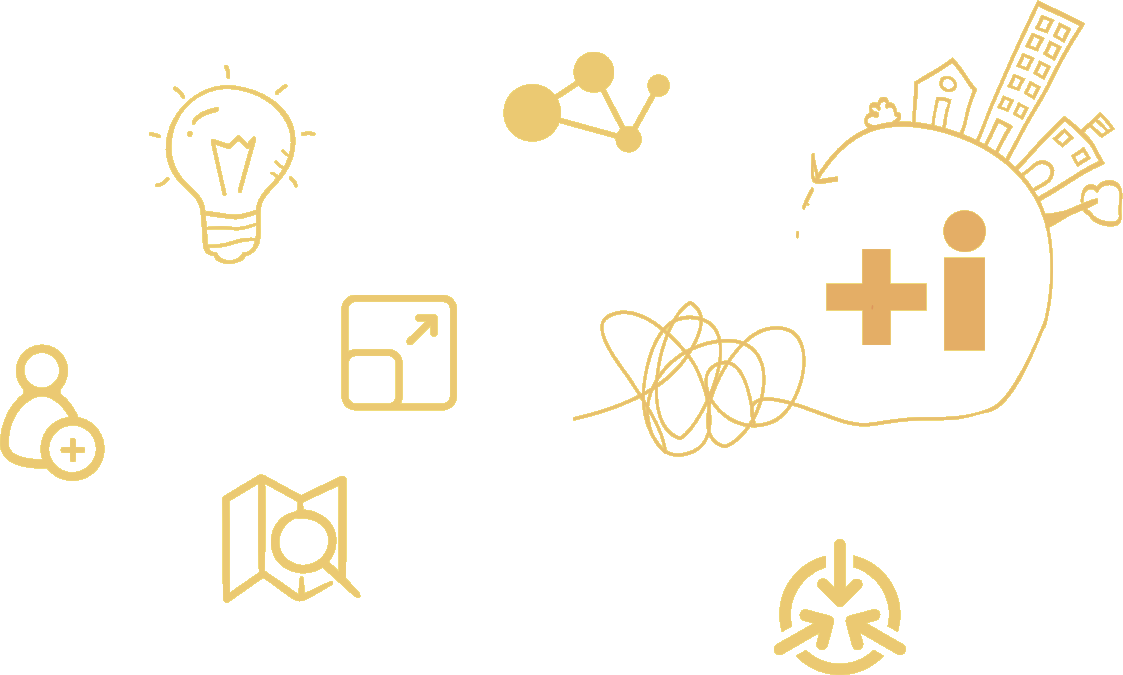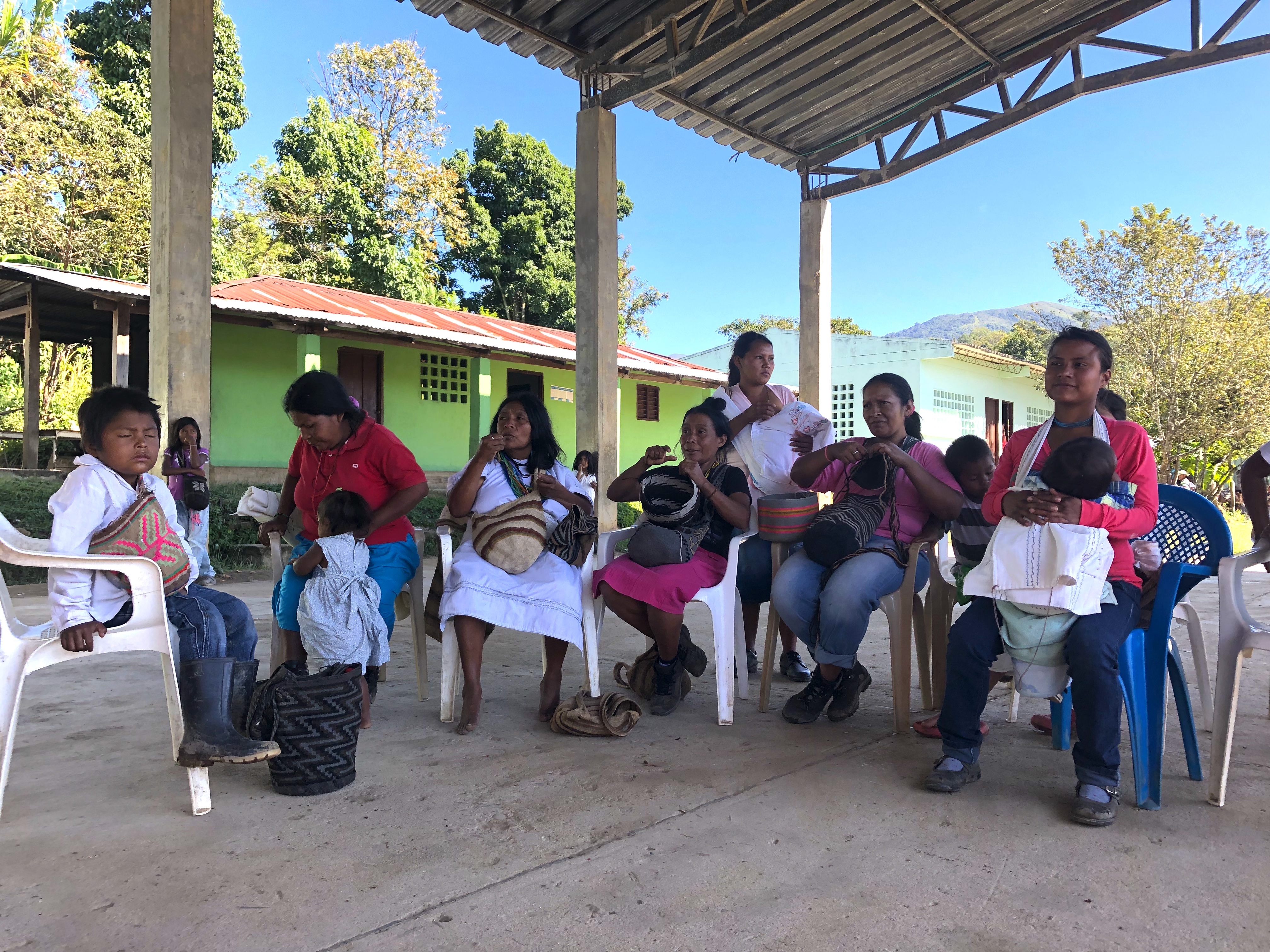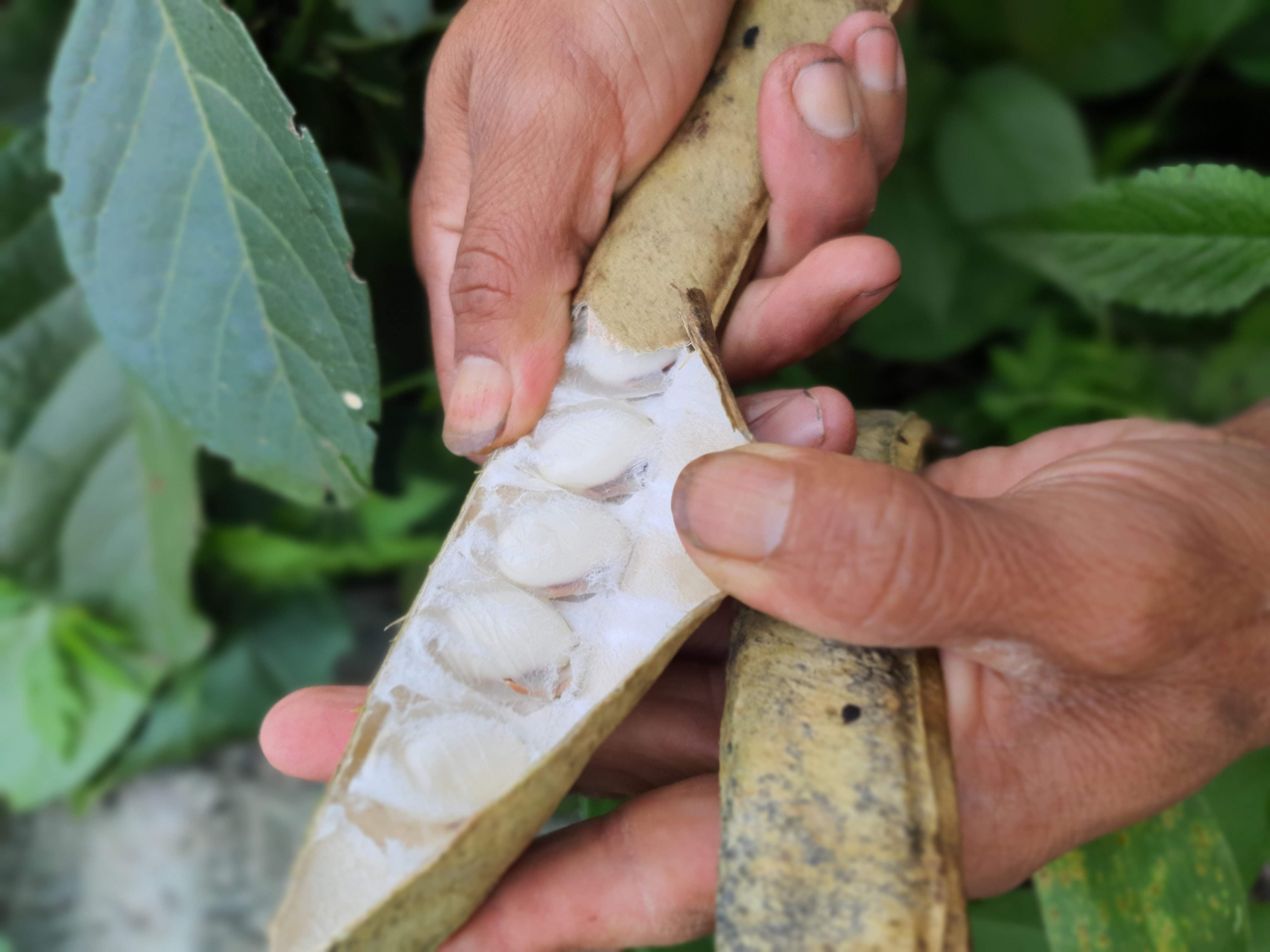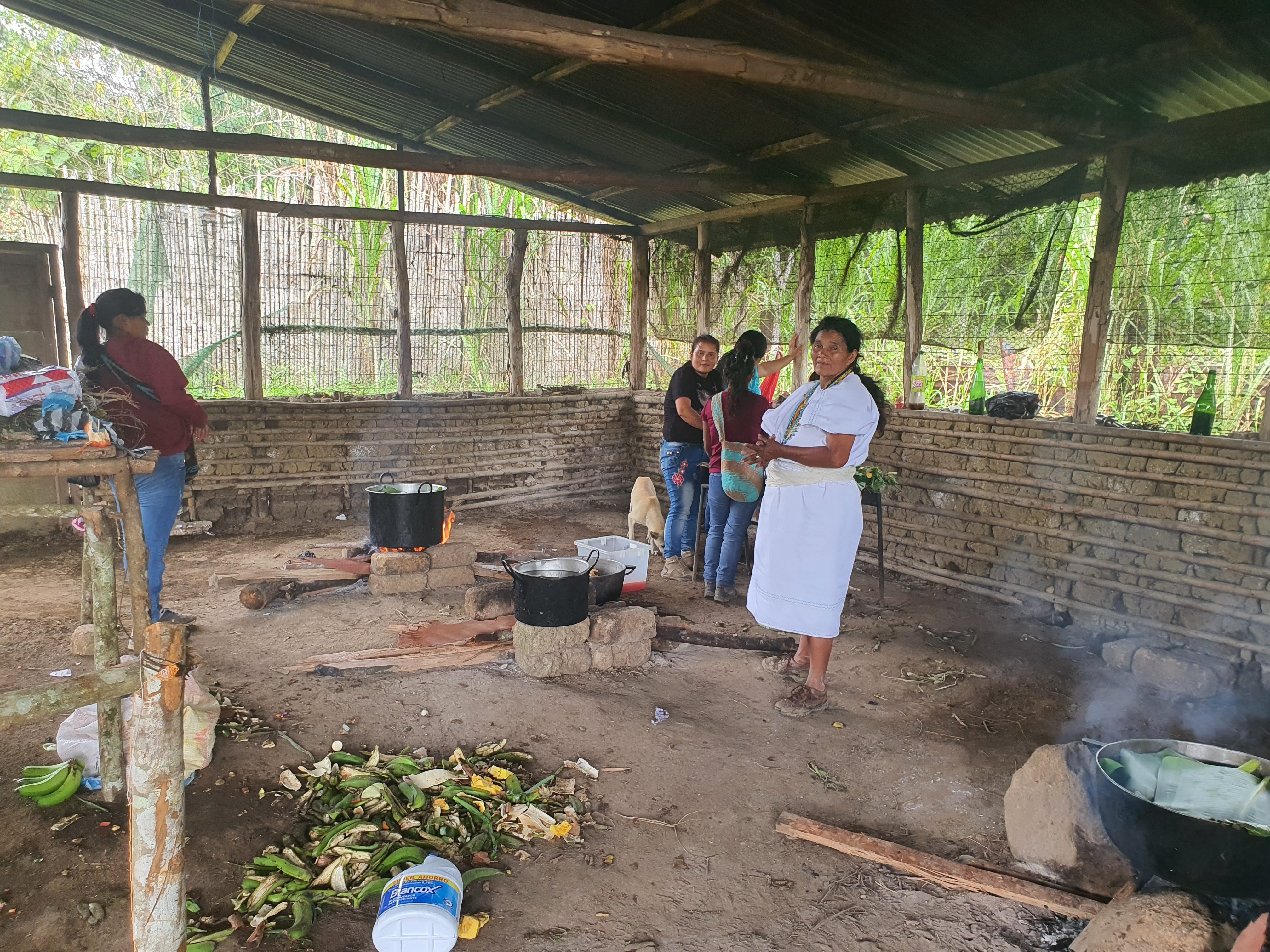Ísuya: the Arhuaca woman and the social fabric

Municipality
Category / Sub-Category / Topic
Healthcare, Feeding
Type of investment needed
Grant
The challenge
The project
Know more...
Investment
(*): In kind/pro bonus
(**): Financing
Funds
Needed
Covered
Solicited
Investment
(*): In kind/pro bonus
(**): Financing
Foods for preparations (**)
u$s 5900.00
u$s 2100.00
u$s 3800.00
Seeds and orchard materials (**)
u$s 4900.00
u$s 1500.00
u$s 3400.00
Printed material (*) (**)
u$s 700.00
u$s 0.00
u$s 700.00
Digital material (**)
u$s 450.00
u$s 0.00
u$s 450.00
Kitchen kit (pots, pans and kitchen utensils, cleaning products) (*) (**)
u$s 1300.00
u$s 0.00
u$s 1300.00
Transportation, accommodation and food (SoyDoy equipment) (**)
u$s 6800.00
u$s 2500.00
u$s 4300.00
1 Professional Social Area (**)
u$s 20800.00
u$s 3900.00
u$s 16900.00
1 nutritionist (**)
u$s 8000.00
u$s 0.00
u$s 8000.00
1 Social Manager SoyDoy and 3 social managers Arhuacas (**)
u$s 6000.00
u$s 0.00
u$s 6000.00
Funds
Needed
Covered
Solicited
Alimentos para preparaciones (**)
u$s 5900.00
u$s 2100.00
u$s 3800.00
Semillas y materiales para huertas (**)
u$s 4900.00
u$s 1500.00
u$s 3400.00
Material impreso (*) (**)
u$s 700.00
u$s 0.00
u$s 700.00
Material digital (**)
u$s 450.00
u$s 0.00
u$s 450.00
Kit cocina (ollas, sartenes y utensilios de cocina, productos de aseo) (*) (**)
u$s 1300.00
u$s 0.00
u$s 1300.00
Funds
Needed
Covered
Solicited
Transporte, alojamiento y alimentación (equipo Soydoy) (**)
u$s 6800.00
u$s 2500.00
u$s 4300.00
Funds
Needed
Covered
Solicited
1 Profesional área social (**)
u$s 20800.00
u$s 3900.00
u$s 16900.00
1 Nutricionista (**)
u$s 8000.00
u$s 0.00
u$s 8000.00
1 Gestora social Soydoy y 3 gestoras sociales arhuacas (**)
u$s 6000.00
u$s 0.00
u$s 6000.00



